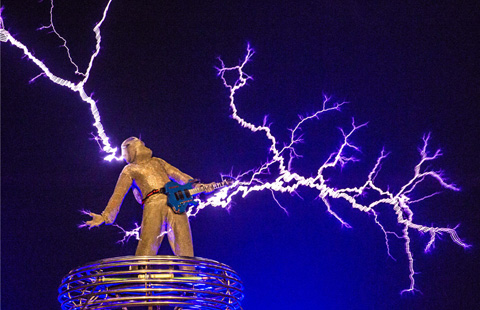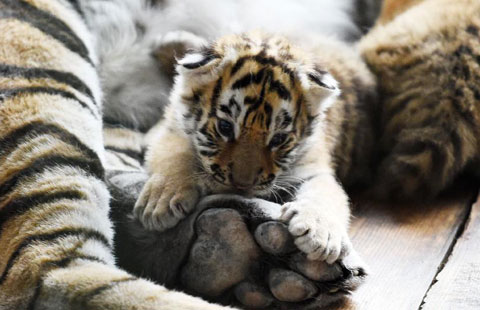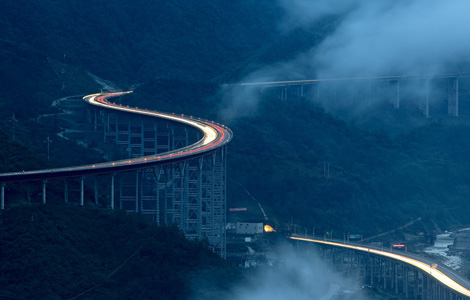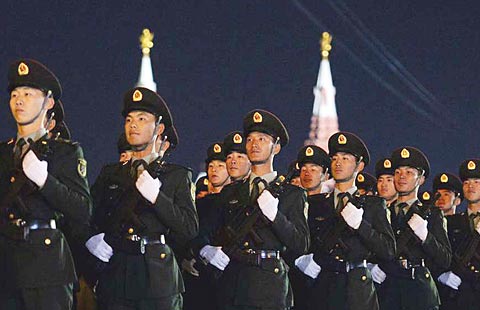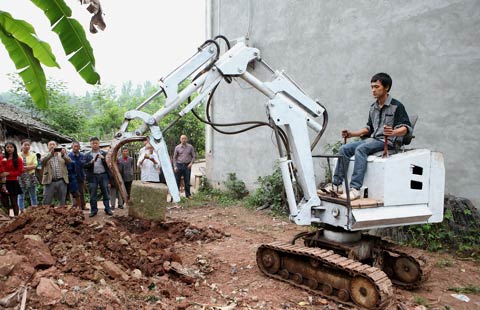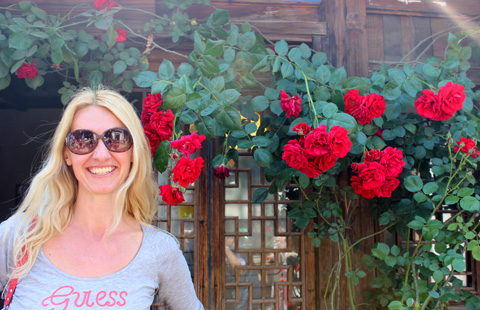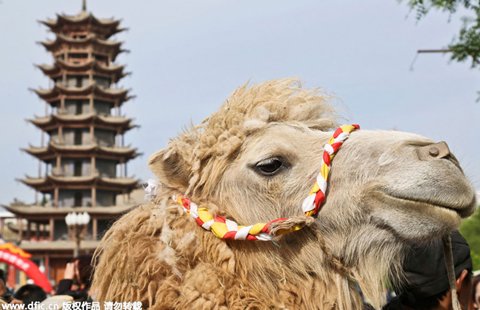Working together to avoid an ancient trap
Updated: 2015-05-08 07:46
By Wang Hao(China Daily)
|
||||||||
As I prepared for Sino-US media roundtable events being held in Atlanta and New York this week, the tongue-twisting name of classical Greek historian Thucydides repeatedly struck me.
Early last year, The World Post news website, launched under The Huffington Post, quoted President Xi Jinping as saying, "We all need to work together to avoid the Thucydides trap - destructive tensions between an emerging power and established powers, or between established powers themselves."
The essential danger of the trap is that a new power must challenge an old one, triggering a terrifying clash just like that experienced by Athens and Sparta, in Thucydides' words. The consequences must also be catastrophic, with both countries doomed to decline like the two ancient victims.
This explains why President Xi proposed to build a new model of a major power relationship with the United States, when he met US Secretary of State John Kerry weeks after The World Post article was published.
For me, the trap is there. It has existed for some time. It is also an invisible one, an imaginary one.
The current state of China-US relations is very similar to what Thucydides observed in ancient Greece. The city-states of Athens and Sparta were using all they had to prepare for a war as other states took sides in the conflict. Even irrelevant states were gearing up to fight.
The US is now "returning" to Asia, apparently to prevent China from "affecting" the current order. Out of fear, some countries choose to take the side of the US, while others choose to observe. For China and the US, the trap is a mental one, one of fear and panic. The two major powers are locked in a state of fear of each other.
What should the media do to help both sides avoid such a trap?
If this fear cannot be eliminated, let us help manage and control it.
Chinese media must speak more loudly for China's voice to be heard more clearly. They must show, not tell, their foreign readers, from historical and cultural perspectives, what the country has always been like, with no aggressive agenda.

If we look back three decades and compare media coverage from the East and West, we find that Chinese people can seem to be much more aware of the US than those in the US are of China. Chinese audiences have learned a lot from the West. In this sense, Chinese media have been moving faster in opening up to the rest of the world.
Fear, as we all know, comes from ignorance.
The trap that Thucydides recorded in ancient Greece ended in tragedy. The threat that Athens and Sparta felt from each other triggered a ruinous 30-year war.
Of course, China and the US have a much larger space to work and thrive in than ancient Greece. The leaders of both countries have much more wisdom to achieve a win-win situation. As the leaders strive to manage any conflict, Chinese and US media also have a part to play in managing the fear.
As media, we can help avoid preparing for an imaginary war. We can help build a new model of the major power relationship, characterized by mutual respect and benefit.
Contact the writer at wang-hao@chinadaily.com.cn
(China Daily 05/08/2015 page2)
Most Viewed
Editor's Picks

|

|

|

|

|

|
Today's Top News
US to launch federal probe into Baltimore police practices
Economic projects assist 'Belt and Road Initiative'
AIIB 'backfired' on
US: Expert
China pledges continued help as Nepal rebuilds
Annual China-US air passenger trips top 6m
Investors tee up in US golf paradise
Met gala draws Chinese fashion bloggers' criticism
Understanding culture called key for foreign businesses in China
US Weekly

|

|

